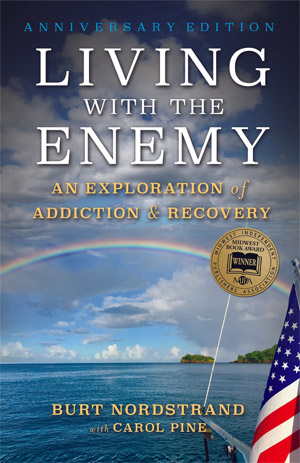Resources & Links
Resources
Infographic - Understanding Food Addiction
COR Retreat put together an interesting infographic that is intended to help people better understand food addiction, including definitions, symptoms, statistics and treatment options.
12 Tips for Abstinence Over the Holidays
See how you can navigate the holiday season filled with parties, snacks, deserts and more with 12 helpful tips.
Abstinent Recipes
Browse abstinent recipes that can help you improve your health by steering clear of processed sugars and flour, while learning to cook appetizing new foods.
Food Plan for Compulsive Overeaters
Learn about the approach that COR Retreat takes to a one-size-fits-all food plan, and nutrionists that understand abstinence.
Food Addiction Quiz
Answer a few simple questions to see if you COR Retreat is a good fit for you.
Articles
The Disease Concept, Does it Apply to Food?
The disease concept originated by a doctor in the 1930's. Dr. Silkworth wrote on the concept that Alcoholics had an illness in the big book of Alcoholics Anonymous when it was first published in 1939. He came to the conclusion that their problem was not just weak will or lack of moral fiber. Up until the 1930's, this idea had not even been conceived. It wasn't until 1959 that the AMA declared that alcoholism was a disease.
If the words alcohol and alcoholism were replaced by food and food addiction, the idea fits many people with trouble controlling the amount of food they eat once they start eating certain problematic foods. These same individuals also have a problem staying away from their trigger foods once they try swearing off them. Continue Reading >>
The Science behind Binge Eating and the Failure of Diets
Today, there is no shortage of potential diet options that people can people select in an effort to lose weight. With obesity affecting one-third of Americans, marketers realize the opportunity to capitalize on diet programs. However, many people experience a continued pattern of weight loss and weight gain when dieting. Conventional thinking has led many to believe that the problem is that those people cannot simply stick to a prescribed diet and change their eating habits in order to be successful with a diet plan. In early 2011, a research team conducted studies on obese individuals with clinical diagnosis of binge eating disorder, and obese individuals who were not binge eaters at the United States Department of Energy's Brookhaven National Laboratory. Continue Reading >>



 Like us on Facebook
Like us on Facebook